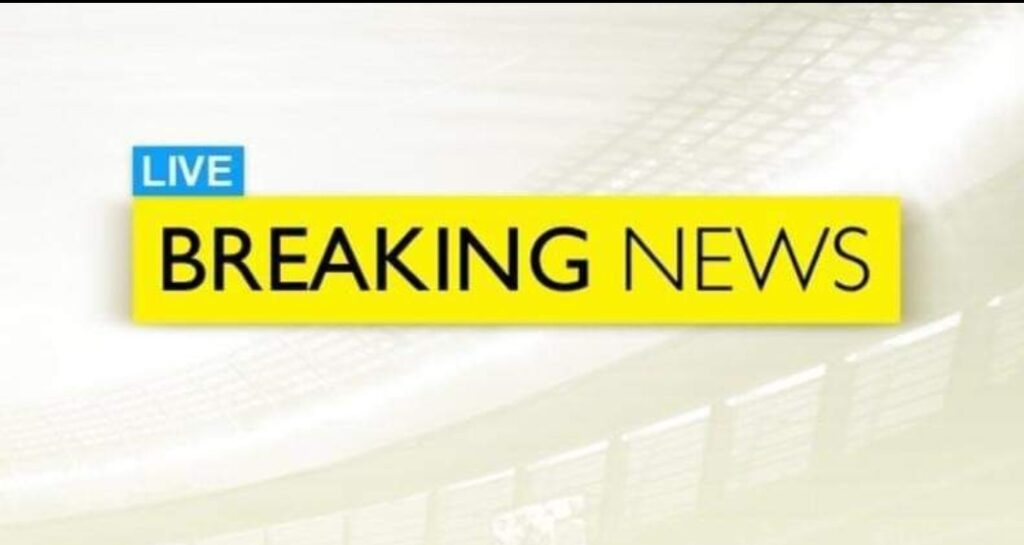Manchester United is on the verge of a significant takeover led by Sir Jim Ratcliffe, the head of INEOS. However, this potential acquisition raises concerns within UEFA, as their regulations prohibit clubs participating in their competitions from being controlled or associated with another participating club, as outlined in Article 5 of the Champions League regulations.
The obstacle in the INEOS takeover lies in the fact that INEOS already owns Nice, a noteworthy club performing well in Ligue 1. If the acquisition of Manchester United by INEOS proceeds, both clubs would fall under the same ownership, violating UEFA’s regulations against closely associated teams competing simultaneously.
In such a scenario, only one of the clubs would be allowed entry into UEFA competitions, with priority given to the team finishing higher in their domestic league. If both clubs finish at the same position, UEFA’s preference shifts to the team from the association ranking highest on its access list, which currently favors England.
Nice’s impressive performance in Ligue 1 adds complexity to the situation. If Nice maintains their position, Manchester United must secure a second-place finish in the Premier League to gain UEFA priority over Nice. Failure to do so could expose United to the risk of a Champions League ban.
Furthermore, the lower-finishing team might be compelled to qualify for the Europa Conference League, as UEFA rules prevent linked clubs from facing each other. This intensifies the pressure on both Manchester United and Nice to secure European spots, creating an intricate web of regulations and potential consequences stemming from the INEOS takeover.
The impending discussions between UEFA and the involved parties will undoubtedly shape the trajectory of these football clubs in the coming months, adding an extra layer of complexity to their future.
